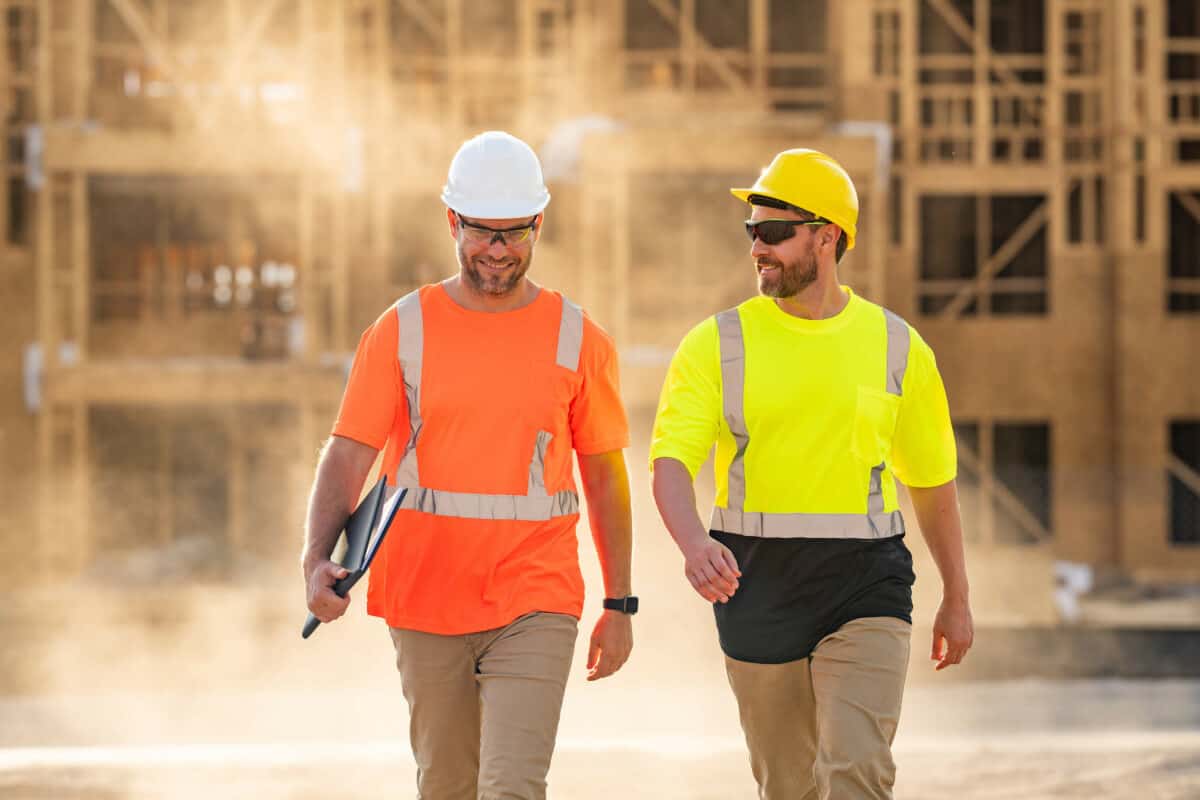- Outdoor Activities That Promote Hearing Health - July 9, 2024
- How Summer Heat Can Impact Your Hearing Aids - June 10, 2024
- The Power of Assistive Listening Devices - May 8, 2024
Some professions normalize exposure to dangerous volume levels and everyone who works in these industries should adopt preventative habits for the sake of their overall health and quality of life. The following are some examples of such industries.
Music
From the performers themselves to the live engineers and even the crew, sustained exposure to intense sound levels, especially during live performances, can lead to gradual hearing loss if proper precautions are ignored.
Hospitality
As a bar or restaurant becomes more crowded, the level of the chatter increases. Each individual in the crowd struggles to be heard over the crowd. So the music gets turned up. Nightclubs and restaurants pose a risk to servers, bartenders, cooks, and hosts.
Airport
The roar of an plane’s engine at takeoff is not a risk to the passengers because it happens so quickly. But for the crew both on the flight and on the ground, habitual exposure is extremely dangerous.
Emergency Services
We all instinctively covers our ears when we hear the blare of a siren, but emergency workers like EMTs sit under that sound all day, every day.
Ototoxic Chemicals
The most dangerous industries are those that expose their workers not only to dangerously loud volumes, but also to ototoxic chemicals that damage the central auditory system, potentially causing hearing loss when inhaled, ingested, or absorbed through the skin.
The combination of dangerous sound levels and chemical exposure causes a synergistic risk. This means that whenever noise and chemicals both pose a risk, both factors might measure below permissible exposure limits and still cause lasting damage.
Such industries include:
Construction
Construction workers face not only the cacophony of jackhammers, heavy machinery, and power tools but habitual exposure to solvents in paint, paint strippers, glues, and thinners used to dissolve and dilute other substances.
Manufacturing
Many sectors of manufacturing produce dangerous fumes and residues. Fabricated metal workers, apparel and textile workers all have to cope with such exposure.
Agriculture
Farm workers inhale pesticides and herbicides and also absorb them through their skin when they touch soil or crops.
Utilities
Workers are exposed to dangerous chemicals at many steps necessary to the maintenance, distribution, and delivery of natural gas, electricity and water, and the oversight of sewage removal.
Mining
Mining is the most dangerous industry of all when it comes to hearing loss. It poses the greatest risk of noise induced hearing loss and its residues further increase the risks.
Minimize The Risks
Thankfully, there are proactive steps individuals can take to safeguard their hearing health, regardless of their profession.
Utilize Hearing Protection
When working in noisy environments, using proper hearing protection is crucial. Earplugs or earmuffs can significantly reduce the impact of loud sounds on your ears. Invest in high-quality, noise-canceling earmuffs for optimal protection.
Limit Exposure
Whenever possible, try to minimize your exposure to loud noises. Take breaks in quieter areas and step away from the source of noise. Even a few minutes of respite can provide your ears with much-needed relief.
Monitor Sound Levels
If your job involves operating machinery, using audio equipment, or engaging in activities with high noise levels, consider using a sound level meter. This device can help you gauge whether the environment you’re in is safe for your ears.
Follow Safety Protocols
In professions like construction, adhering to safety protocols isn’t just about avoiding accidents; it’s also about preserving your hearing. Wear the recommended protective gear, such as helmets and ear protection, to reduce the risks associated with your work environment.
Education and Awareness
Employers can play a vital role in minimizing hearing loss risks by providing education and training to employees about the importance of hearing protection. Encourage employees to report any concerns regarding noise levels and provide resources for protection.
Take Action Today
Just as you’d visit your doctor for an annual physical or your dentist for your annual cleaning, annual hearing exams will detect any early signs of hearing loss and allow you to take preventive action before the condition worsens.
Hearing loss comes on so gradually that it often goes unnoticed until it’s too late. Professionals in high-risk industries need to be particularly vigilant about protecting their hearing. By following the steps above, individuals can minimize the risks associated with their occupations and enjoy a lifetime of healthy hearing. Remember, our ears are irreplaceable, and taking proactive measures to preserve our hearing health is a responsibility we all share.
![Audiology Consultants] of Panama City](https://audiology-consultants.com/wp-content/uploads/2018/04/Audiology-Consultants-of-Panama-City-1.png)

